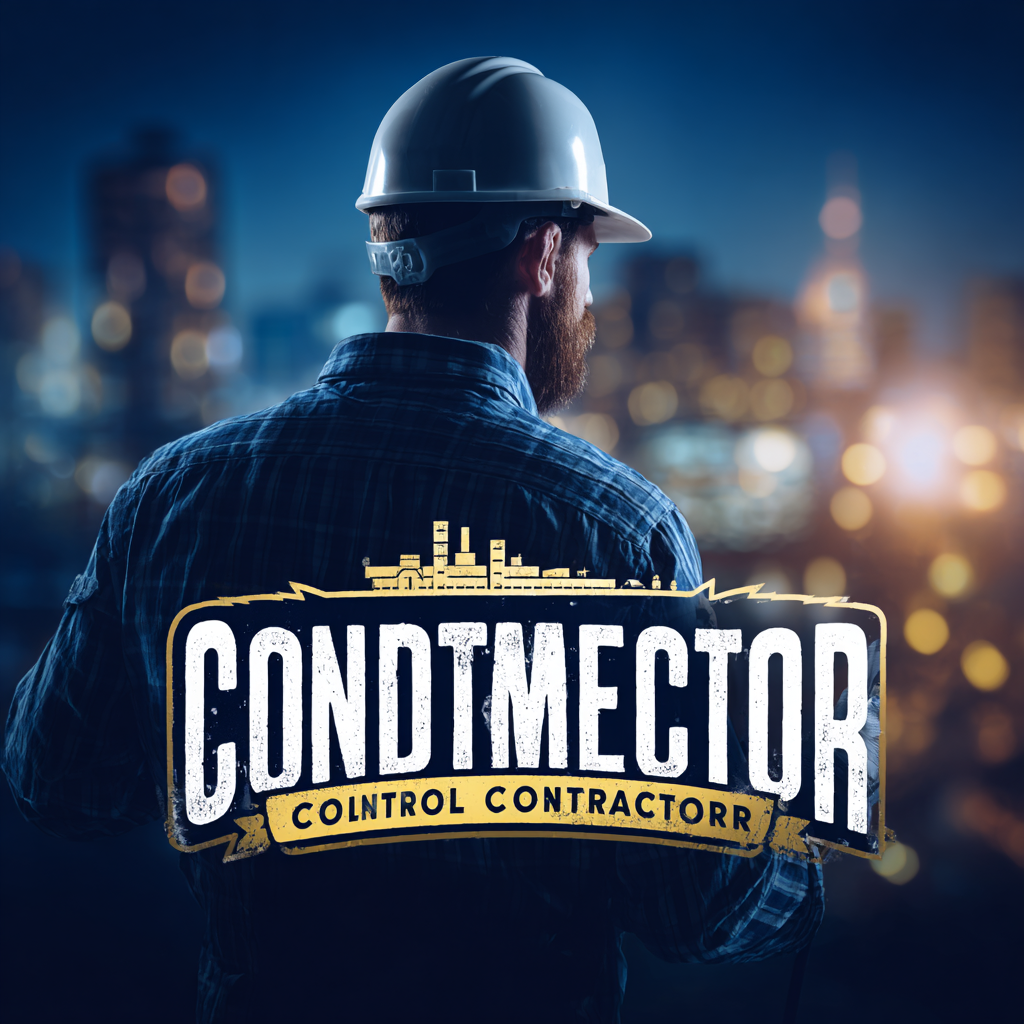How to Choose the Best Commercial Contractor for Your Global Procurement Needs
In today's rapidly evolving global marketplace, selecting the right Commercial Contractor is crucial for businesses aiming to streamline their procurement processes and ensure successful project delivery. A recent report by McKinsey & Company indicates that companies can save up to 30% in project costs by partnering with the right contractors who understand global procurement dynamics.

Furthermore, a survey conducted by Deloitte highlights that 70% of organizations are shifting towards integrated supply chains, emphasizing the need for contractors who are adept at navigating complex international regulations and standards. As we approach 2025, the integration of advanced technologies such as AI and blockchain in construction will further redefine contractor capabilities, making the choice of a Commercial Contractor more significant than ever.
Thus, understanding how to choose the best partners in this landscape is essential for achieving strategic procurement goals and maintaining competitive advantage.
Market Trends and Projections for Commercial Contracting by 2025
 Understanding market trends and projections is crucial when selecting the best commercial contractor for global procurement needs. The global home decor market, valued at $747.75 billion in 2024, is anticipated to grow significantly, reaching approximately $1,097.51 billion by 2032, with a specific focus on the compound annual growth rate (CAGR) from 2025 to 2032. This growth reflects the increasing consumer demand for innovative and stylish home products, making it essential for contractors to stay ahead of market dynamics.
Understanding market trends and projections is crucial when selecting the best commercial contractor for global procurement needs. The global home decor market, valued at $747.75 billion in 2024, is anticipated to grow significantly, reaching approximately $1,097.51 billion by 2032, with a specific focus on the compound annual growth rate (CAGR) from 2025 to 2032. This growth reflects the increasing consumer demand for innovative and stylish home products, making it essential for contractors to stay ahead of market dynamics.
When choosing a contractor, consider their track record in adapting to market trends. Look for contractors with a robust portfolio showcasing diverse projects that align with the evolving preferences of consumers. Additionally, engaging with contractors who utilize sustainable practices can be advantageous, as sustainability is becoming a dominant factor in purchasing decisions.
Tip: Always request references and case studies from potential contractors to gauge their ability to meet your specific procurement requirements. Furthermore, ensure that the contractor keeps up with industry innovations and market shifts, positioning themselves as a forward-thinking partner capable of driving your projects toward success.
Key Factors to Evaluate When Selecting a Global Procurement Contractor
When selecting a global procurement contractor, it's crucial to consider several key factors to ensure alignment with your business needs. Firstly, evaluate the contractor’s experience and expertise in handling international projects. Their understanding of local regulations, customs, and market dynamics can significantly impact the efficiency of procurement operations. Look for a contractor with a proven track record of successful projects in the regions relevant to your business.

Another critical factor is the contractor’s network and relationships with suppliers. A well-established network can facilitate better pricing, reliable delivery timelines, and superior quality control. It’s essential to assess how the contractor manages supplier relationships and whether they have a robust vetting process in place to ensure that they partner with reputable suppliers.
Additionally, consider their technological capabilities, such as procurement software and reporting tools, which can enhance transparency and streamline communication throughout the procurement process. By prioritizing these factors, you can make an informed decision and select a commercial contractor that fits your global procurement strategy.
The Role of Digital Technology in Enhancing Contractor Selection Processes
In today’s rapidly evolving construction landscape, the integration of digital technology plays a transformative role in contractor selection processes. Research indicates that tech leaders are increasingly focused on adopting new technologies, enhancing security measures, and streamlining operational processes, particularly in light of recent trends highlighting a rebound in investment following years of budget constraints. For instance, projects like the recent $53 million investment by Amtrak in Wilmington demonstrate a growing commitment to leveraging technology for operational resilience, underscoring the need for contractors who can pivot towards innovative solutions.
Furthermore, the emergence of digital tools such as smart contracts on blockchain technology signals a significant shift in procurement practices. These digital contracts offer unprecedented efficiency by executing automatically when predefined terms are met, reducing administrative delays and enhancing trust between parties. The construction industry is also witnessing a wave of digital transformation, with organizations actively adapting to the Industry 4.0 paradigm, which emphasizes automation and efficient decision-making. As a result, selecting a contractor that not only understands these digital trends but also actively incorporates them into their processes becomes essential for businesses looking to stay competitive in a global market.
Tips for Assessing Contractor Reliability and Performance Metrics
When selecting a commercial contractor for global procurement needs, assessing contractor reliability is crucial. One effective strategy is to evaluate their historical performance metrics. Look for contractors who provide transparent data on completed projects, timelines, and adherence to budgets. Reliable contractors often showcase case studies or testimonials that highlight successful collaborations. Assessing their reputation in the industry through reviews and ratings can also offer insights into their reliability, ensuring that they meet not only your expectations but also industry standards.
Another important aspect to consider is how contractors handle challenges and setbacks. Reliable contractors should demonstrate a proactive approach to problem-solving and a track record of successful risk management. Requesting references and engaging in conversations with past clients can provide a clearer picture of how a contractor performs under pressure. Additionally, pay attention to their communication practices; a contractor’s responsiveness and clarity in discussions about metrics and expectations can be indicative of their overall reliability. By focusing on these elements, you can make a more informed decision when selecting the best commercial contractor for your needs.
Performance Metrics of Commercial Contractors
Navigating Cultural Differences in Global Procurement Contracting
Navigating cultural differences is crucial when selecting a commercial contractor for your global procurement needs. Each cultural context comes with its unique set of values, communication styles, and business practices that can significantly impact contract negotiations and execution. Understanding these cultural nuances can help establish trust and foster effective collaboration, paving the way for successful partnerships.
To effectively manage cultural differences, it is essential to conduct thorough research and engage local experts who can provide insights into the customs and expectations of your prospective contractors. Establishing an inclusive communication strategy that respects the local dialects and practices can minimize misunderstandings. Additionally, cultivating a culturally adaptive mindset within your team will prepare everyone to engage positively with international partners, promoting a collaborative environment that celebrates diversity and drives productivity. By approaching cultural differences with respect and curiosity, organizations can enhance their global procurement strategies and achieve better outcomes with contractors across various regions.
